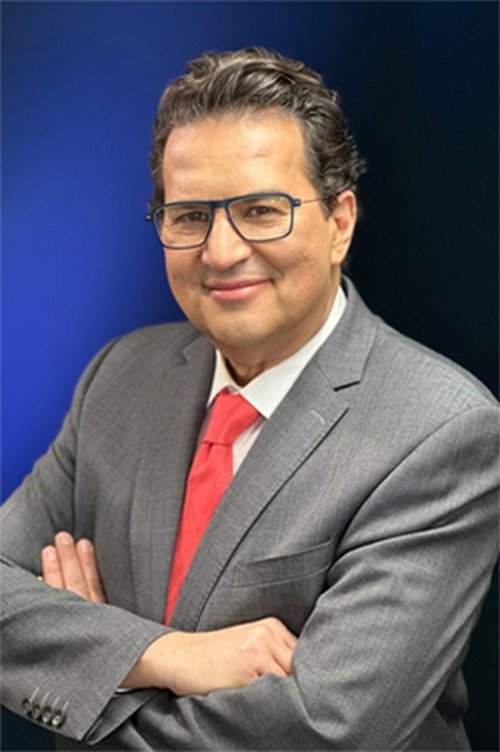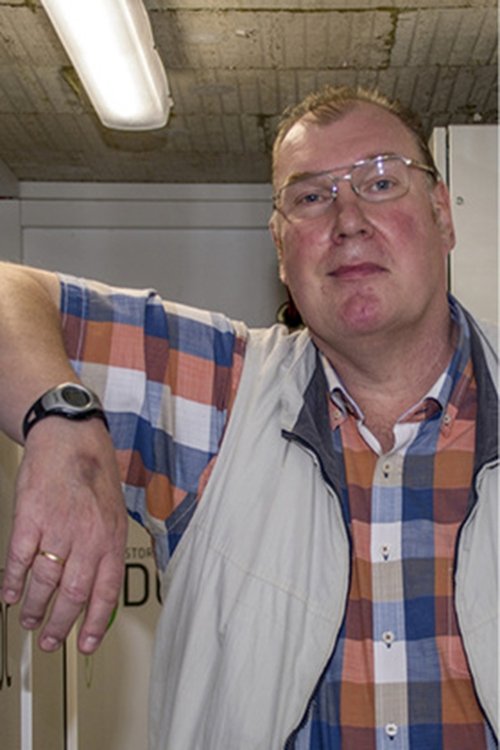
Leben mit der Energiewende 3 - Selber machen
2015
00.0(0 votes)
Documentary
Overview
Links & Resources
Social & External
Cast & Crew
2 members
Directing
Frank Farenski
Frank Farenski

Acting
Holger Laudeley
Holger Laudeley


Social & External
Frank Farenski

Holger Laudeley
